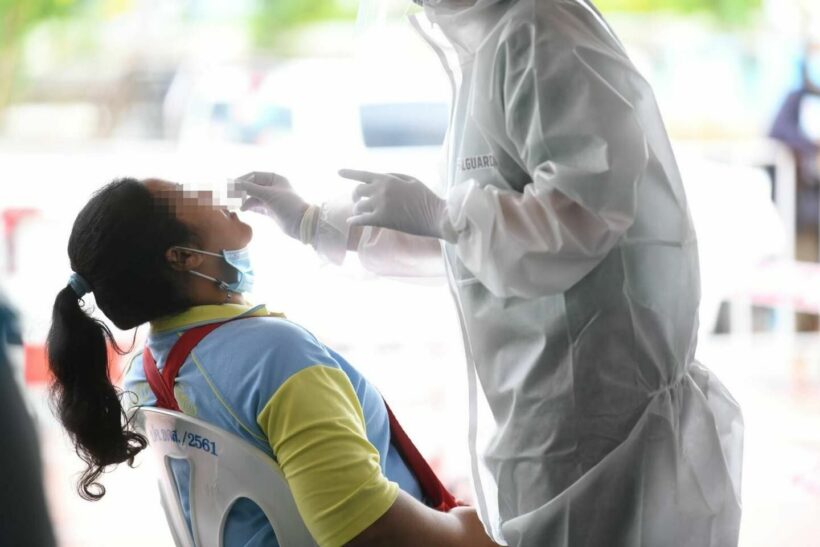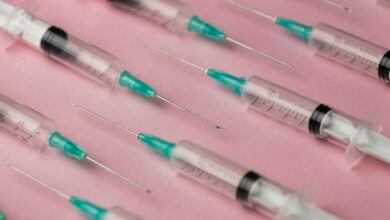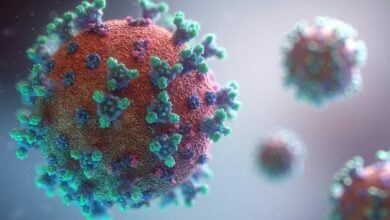T cells may be “unsung heroes” protecting against severe illness from Omicron

Two separate studies show that the body’s T cells may be providing protection against severe illness with the Omicron variant. The findings could explain why most hospitals have so far avoided being overwhelmed with Covid-19 patients. According to a Bloomberg report, the findings come from a study carried out at Erasmus University in the Netherlands and the University of Cape Town in South Africa.
Our T cells are white blood cells that retain information on previous disease, trigger defence antibodies, and kill cells that have become infected with a virus. The Bloomberg report cites findings that showed that people infected with the SARS virus in 2003 still had a T cell response to the illness 17 years later. Unlike antibodies, T cells can target all of a virus’s spike protein, which remains similar even in variants like the highly-mutated Omicron.
In the Netherlands, the study showed that in 60 vaccinated healthcare workers, antibody responses to Omicron were lower or non-existent compared to against the Beta or Delta variants. However, T cell responses remained mostly unchanged, which researchers say could balance out the lack of antibodies. In South Africa, researchers looked at patients who’d recovered from Covid-19 or people who’d been vaccinated with the Johnson & Johnson or Pfizer BioNTech vaccines. In those groups, 70% to 80% of the T cell responses studied held up against Omicron.
The findings come amid concerns that the Omicron variant can evade vaccines to some degree, leading governments to roll out booster doses in countries where supplies permit this. But Wendy Burgens, a researcher from the University of Cape Town, says our immune system has several layers and while antibodies can block infection, it is the T cells that kill infected cells, thereby preventing the virus from causing severe illness.
“They can’t prevent you from getting infected, but they can minimise the damage that comes afterwards.”
For more information on Covid-19 Insurance, CLICK HERE.
SOURCE: Bloomberg
Latest Thailand News
Follow The Thaiger on Google News:
































